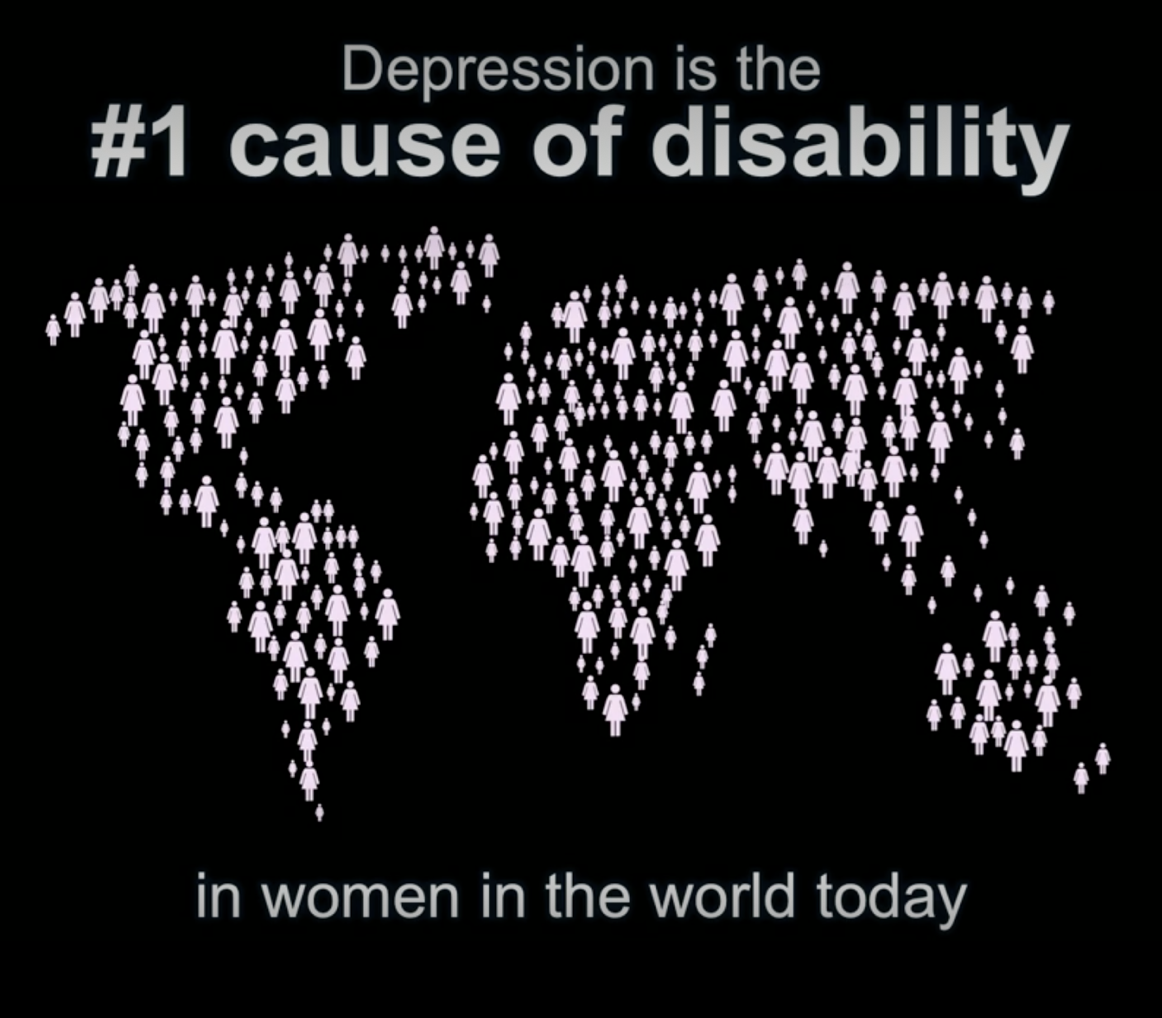
Editor’s Note:
While pityriasis rubra pilaris is considered gender neutral, (see NORD PRP Report), there are those who believe it may be a “wee bit” more prevalent in children diagnosed with Juvenile Onset. Of course Ginny Maxwell (and her PRP kiddos represent a 50-50 gender allocation.
The premise of a Ted Talk video (circa 2013) recently unearthed by Murray Rose (Surrey, British Columbia) is that research and medicine routinely ignore the”often startlingly different ways” in which the two sexes respond to disease or treatment. As a pioneering doctor on the subject, Paula Johnson describes why lumping everyone (male and female) together in research leaves women’s health to chance. As Dr. Johnson explains:
“Why leave women’s health to chance? This is a question that haunts those of us in science and medicine who believe that we are on the verge of being able to dramatically improve the health of women. We know that every cell has a sex. We know that these differences are often overlooked. And therefore we know that women are not getting the full benefit of modern science and medicine today. We have the tools but we lack the collective will and momentum.”
Note: The image appearing above “Depression is the #1 cause of disability in the world today” offered no attribution as to source. I am assuming it is correct, but will feel better when the statement can be verified.
As an example she explains that women are 70 percent more likely to experience depression over their lifetimes compared with men. “And even with this high prevalence,” she adds, “women are misdiagnosed between 30 and 50 percent of the time. We now know that women are more likely to experience the symptoms of fatigue, sleep disturbance, pain and anxiety compared with men. And these symptoms are often overlooked as symptoms of depression.”
“Women’s health is an equal rights issue as important as equal pay. And it’s an issue of the quality and the integrity of science and medicine. So imagine the momentum we could achieve … if we analyzed our data by sex.”
PATH FORWARD
Perhaps the PRP Global Database should add GENDER to the collection of core data from PRP patients.
Perhaps the PRP Global Community should take a closer look at “DEPRESSION triggered by the relentless assault of PRP” to include
(1) the timely diagnosis of depression BASED ON GENDER,
(2) referral to mental wellness resources BASED ON GENDER,
(3) effectiveness of treatment options BASED ON GENDER, and
(4) the efficacy of those treatment options BASED ON GENDER.
At there very least PRP patients who are female should raise the issue with their dermatologists just to demonstrate that you have your act together.
